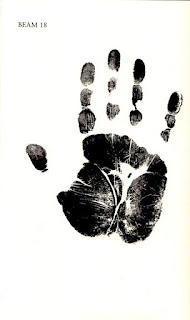Routineless Ritual
Aspen Art Museum
Educator Notes
Ritual
December 15, 2017–November 25, 2018
https://cdn.filepicker.io/api/file/wp6uIVWNTO7p31c8yO0B?
The Educator Notes list a series of probing questions. What attracted my attention was the embedding of one particular line of inquiry in this set: the difference between ritual and routine.
What do you do every day that you most look forward to?"How is ritual different from routine?" is a question that seemed unanswerable until I came across one of the epigraphs in Catherine Bell Ritual Theory, Ritual Practice. "Ritual is pure activity, without meaning or goal." [Frits Staal, "The Meaninglessness of Ritual," Numen 26, no. 1 (1975), 9].
How is ritual different from routine?
What rituals did you learn from your family? What rituals did you pick up from your friends?
What can we learn from ourselves by identifying our daily rituals?
Ritual is akin to aesthetic experience giving access to a time and space that is not tied to mundane purpose but is accessed for itself. It is thus distinguished from routine which we think of as goal-directed (e.g. brushing one's teeth). Ritual is programless. This doesn't quite seem to stick — ritual seems in my mind connected to the practice of magic which is anything but meaningless.
So we seek other definitions.
Wikipedia https://en.wikipedia.org/wiki/Ritual
A ritual "is a sequence of activities involving gestures, words, and objects, performed in a sequestered place, and performed according to set sequence".[http://www.merriam-webster.com/dictionary/ritual] Rituals may be prescribed by the traditions of a community, including a religious community. Rituals are characterized but not defined by formalism, traditionalism, invariance, rule-governance, sacral symbolism, and performance.[Bell, Catherine (1997). Ritual: Perspectives and Dimensions. New York: Oxford University Press. pp. 138–169.]From this I grasp two points: special space and sequence.
And so for day 2269
28.02.2013






